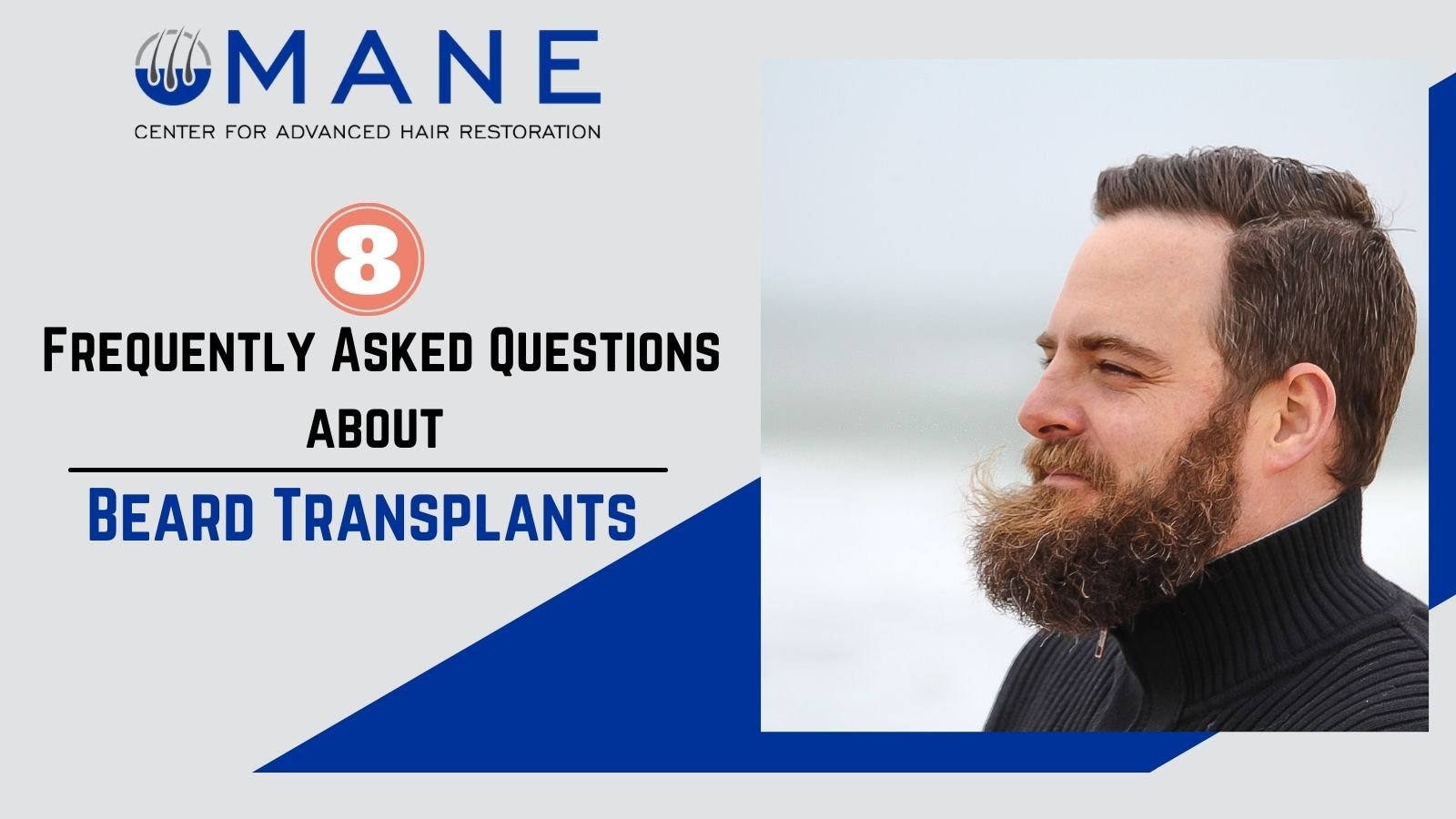Having a stylish beard is a dream for many men. Unfortunately, not every man is blessed with the desired facial hair growth. Several men have trouble growing a mustache or a beard due to genetic factors or hormonal imbalances, resulting in patchy facial hair. However, the good news is that there are options available that can help you grow a natural-looking beard. An increasing number of men are opting for beard transplants to procure their dream beard.
Like other medical procedures, there are several factors to consider before opting for a
facial hair transplant. Here are some frequently asked questions about
beard transplant surgery that will help you make an informed decision:
What is a Beard Transplant?
Similar to a hair transplant, a beard transplant involves extracting healthy hair follicles from a donor area, which is usually the back of the head, and transplanting them to areas on the face with scanty facial hair growth. This procedure can be used to restore hair growth in the goatee and mustache area, beards, and sideburns.
Is a Beard Hair Transplant Procedure Painful?
A beard hair transplant is a relatively painless procedure since it is performed under local anesthesia. You may experience minor discomfort during the surgery, slight inflammation, and redness for a few days, which subsides automatically.
Who is an Ideal Candidate for Beard Transplant Surgery?
A beard transplant is an ideal procedure for anyone dealing with facial hair loss or having trouble growing a uniform beard. However, your surgeon will first examine your skin and the quality of your donor's hair to make sure you are an ideal candidate.
Can I Shave After a Beard Transplant?
Your surgeon will recommend not shaving for at least 10 days post-surgery. During this phase, the transplanted grafts are still delicate, and your face may be tender. Shaving or grooming the implant areas may disturb the new follicles and interfere with the recovery process.
Does the Procedure Leave Any Significant Scarring?
Although minor scarring is common, the scars will be covered by your hair growth. The latest techniques used in both FUE and FUT procedures ensure that the scarring is generally minimal and unnoticeable.
How Long is the Expected Recovery Period?
The recovery time post-surgery is minimal, and you can return to your normal routine within 2-3 days. You may notice a slight redness, swelling, and crusting around the transplanted grafts during the first week. Make sure you carefully follow all the post-surgery instructions for optimum results.
Does a Beard Transplant Yield Permanent Results?
It is normal for the new follicles to fall out within the first few weeks post-surgery. You can expect to see new, permanent hair growth within three to four months once the hair follicles regenerate.
Does Health Insurance Cover the Cost of a Beard Transplant Surgery?
Beard transplant surgeries are not covered by health insurance since they are regarded as cosmetic procedures unless they are done as reconstructive surgery to reduce the appearance of facial scarring or burns caused by an injury or trauma.
If you are considering getting a
beard transplant in Chevy Chase, MD, contact our team of experts at the Mane Center for Advanced Hair Restoration. We have the
best hair transplant doctors in Chevy Chase, MD, who can offer you customized and effective hair restoration solutions.


